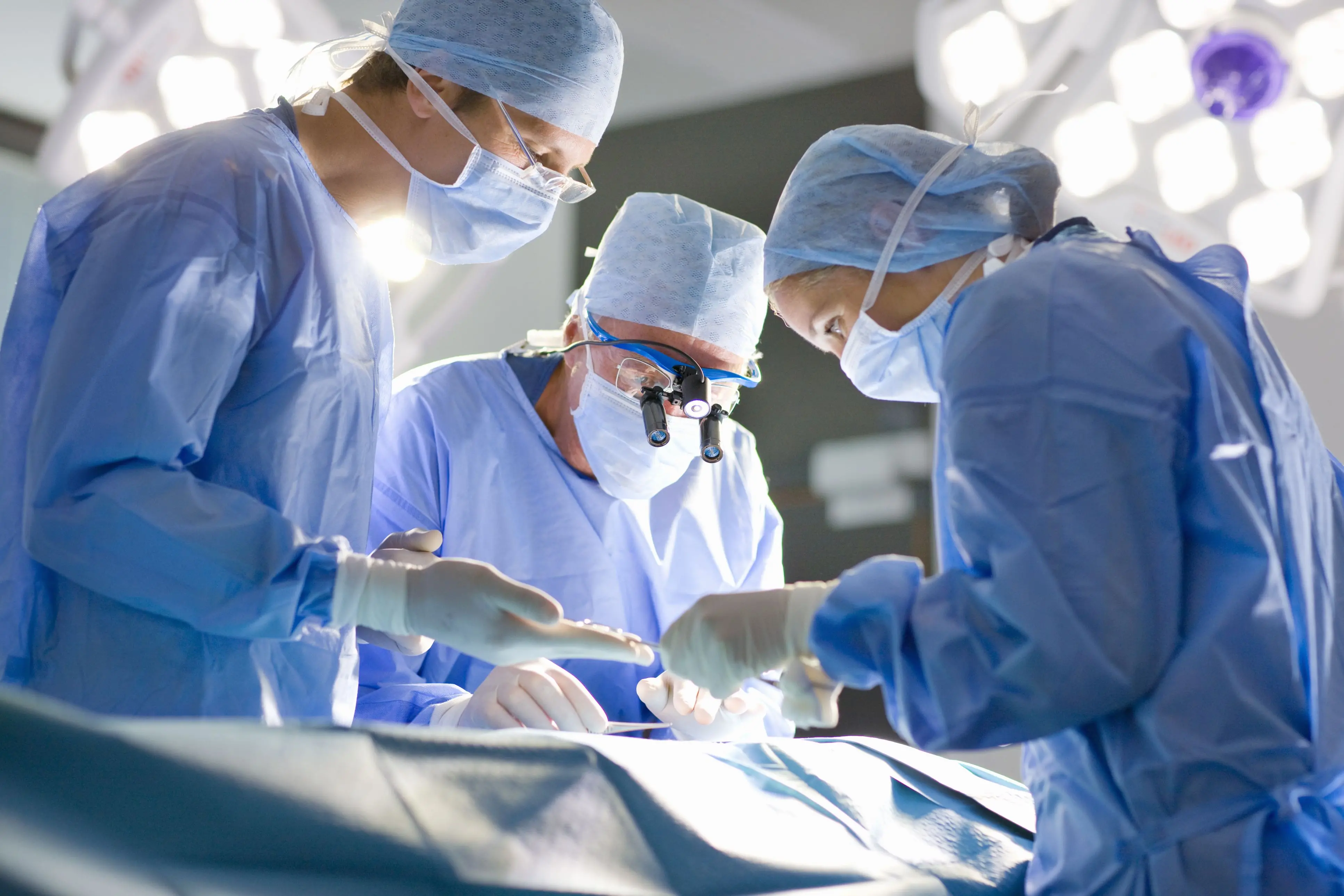- Home
- Medical news & Guidelines
- Anesthesiology
- Cardiology and CTVS
- Critical Care
- Dentistry
- Dermatology
- Diabetes and Endocrinology
- ENT
- Gastroenterology
- Medicine
- Nephrology
- Neurology
- Obstretics-Gynaecology
- Oncology
- Ophthalmology
- Orthopaedics
- Pediatrics-Neonatology
- Psychiatry
- Pulmonology
- Radiology
- Surgery
- Urology
- Laboratory Medicine
- Diet
- Nursing
- Paramedical
- Physiotherapy
- Health news
- Fact Check
- Bone Health Fact Check
- Brain Health Fact Check
- Cancer Related Fact Check
- Child Care Fact Check
- Dental and oral health fact check
- Diabetes and metabolic health fact check
- Diet and Nutrition Fact Check
- Eye and ENT Care Fact Check
- Fitness fact check
- Gut health fact check
- Heart health fact check
- Kidney health fact check
- Medical education fact check
- Men's health fact check
- Respiratory fact check
- Skin and hair care fact check
- Vaccine and Immunization fact check
- Women's health fact check
- AYUSH
- State News
- Andaman and Nicobar Islands
- Andhra Pradesh
- Arunachal Pradesh
- Assam
- Bihar
- Chandigarh
- Chattisgarh
- Dadra and Nagar Haveli
- Daman and Diu
- Delhi
- Goa
- Gujarat
- Haryana
- Himachal Pradesh
- Jammu & Kashmir
- Jharkhand
- Karnataka
- Kerala
- Ladakh
- Lakshadweep
- Madhya Pradesh
- Maharashtra
- Manipur
- Meghalaya
- Mizoram
- Nagaland
- Odisha
- Puducherry
- Punjab
- Rajasthan
- Sikkim
- Tamil Nadu
- Telangana
- Tripura
- Uttar Pradesh
- Uttrakhand
- West Bengal
- Medical Education
- Industry
Reoperation through prosthetic-reinforced abdominal wall tied to increased surgical complications: JAMA

Philadelphia: Reoperation through a prosthetic-reinforced abdominal wall is tied to increased health care utilization and increased surgical complications, a recent study in the journal JAMA Surgery has stated. The risk was not dependent on a history of abdominal surgical procedures and was enhanced by the prosthetic-mesh footprint presence in the abdominal wall.
Previous studies have shown the necessity of prosthetic reinforcement of critically sized incisional hernias to decrease hernia recurrence, but the long-term prosthetic-mesh footprint may increase the risk of complications during subsequent abdominal operations. Considering this, Arturo J. Rios-Diaz, Division of Plastic Surgery, Department of Surgery, University of Pennsylvania, Philadelphia, and colleagues aimed to investigate the association of prior incisional hernia repair with mesh (IHRWM) with postoperative outcomes and health care utilization following common abdominal operations in a population-based, retrospective cohort study.
The study included patients undergoing inpatient abdominal surgical procedures during the period of January 2009 to December 2016, with at least 1 year of follow-up. Abdominal operation history was ascertained within the 3-year period preceding the index operation.
The International Classification of Diseases, Ninth Revision, and Tenth Revision, Clinical Modification procedure codes were used to identify patients admitted to the hospital with a history of an abdominal operation (ie, cholecystectomy, bariatric, small- or large-bowel resection, prostatectomy, gynecologic)
Patients with prior IHRWM were propensity score matched in the ratio of 1:1 to controls both with and without a history of an abdominal surgical procedure based on clinical and operative characteristics.
A composite of adverse postoperative outcomes (surgical and nonsurgical) was the primary outcome. Secondary outcomes included health care utilization determined by length of hospital stay, hospital charges, and 1-year readmission.
The key findings of the study are as follows:
- Of the 914 105 patients undergoing common abdominal surgical procedures (bariatric [8.9%], small- or large-bowel resection [31.1%], cholecystectomy [24.5%], prostatectomy [3.6%], and gynecologic [31.9%]), all 3517 patients (age group: 46-55 years, 1547 [44.0%]; 2396 majority sex [68.1%]) with prior IHRWM were matched to patients without a history of abdominal surgical procedures.
- After matching, prior IHRWM was associated with increased overall complications (odds ratio [OR], 1.43), surgical complications (OR, 1.51), length of hospital stay (mean increase of 1.03 days), index admission charges (predicted mean difference of $11 896.10), and 1-year unplanned readmissions (hazard ratio, 1.14).
- This trend persisted even when comparing matched patients with prior IHRWM to patients with a history of abdominal surgical procedures, and the treatment outcome disappeared when comparing patients with prior IHRWOM to those without a previous abdominal operation.
To conclude, "reoperation through a prosthetic-reinforced abdominal wall is associated with increased adverse postoperative outcomes and health care utilization."
Reference:
Rios-Diaz AJ, Cunning JR, Talwar AA, et al. Reoperation Through a Prosthetic-Reinforced Abdominal Wall and Its Association With Postoperative Outcomes and Longitudinal Health Care Utilization. JAMA Surg. Published online August 03, 2022. doi:10.1001/jamasurg.2022.3320
Dr Kamal Kant Kohli-MBBS, DTCD- a chest specialist with more than 30 years of practice and a flair for writing clinical articles, Dr Kamal Kant Kohli joined Medical Dialogues as a Chief Editor of Medical News. Besides writing articles, as an editor, he proofreads and verifies all the medical content published on Medical Dialogues including those coming from journals, studies,medical conferences,guidelines etc. Email: drkohli@medicaldialogues.in. Contact no. 011-43720751


